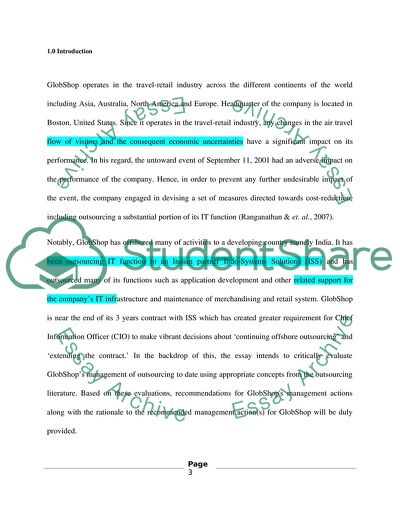Cite this document
(Tandem of GlobShop and ISS - Globalization of Software Development Case Study, n.d.)
Tandem of GlobShop and ISS - Globalization of Software Development Case Study. Retrieved from https://studentshare.org/information-technology/1818678-case-study-on-globalisation-of-software-development
Tandem of GlobShop and ISS - Globalization of Software Development Case Study. Retrieved from https://studentshare.org/information-technology/1818678-case-study-on-globalisation-of-software-development
(Tandem of GlobShop and ISS - Globalization of Software Development Case Study)
Tandem of GlobShop and ISS - Globalization of Software Development Case Study. https://studentshare.org/information-technology/1818678-case-study-on-globalisation-of-software-development.
Tandem of GlobShop and ISS - Globalization of Software Development Case Study. https://studentshare.org/information-technology/1818678-case-study-on-globalisation-of-software-development.
“Tandem of GlobShop and ISS - Globalization of Software Development Case Study”, n.d. https://studentshare.org/information-technology/1818678-case-study-on-globalisation-of-software-development.


